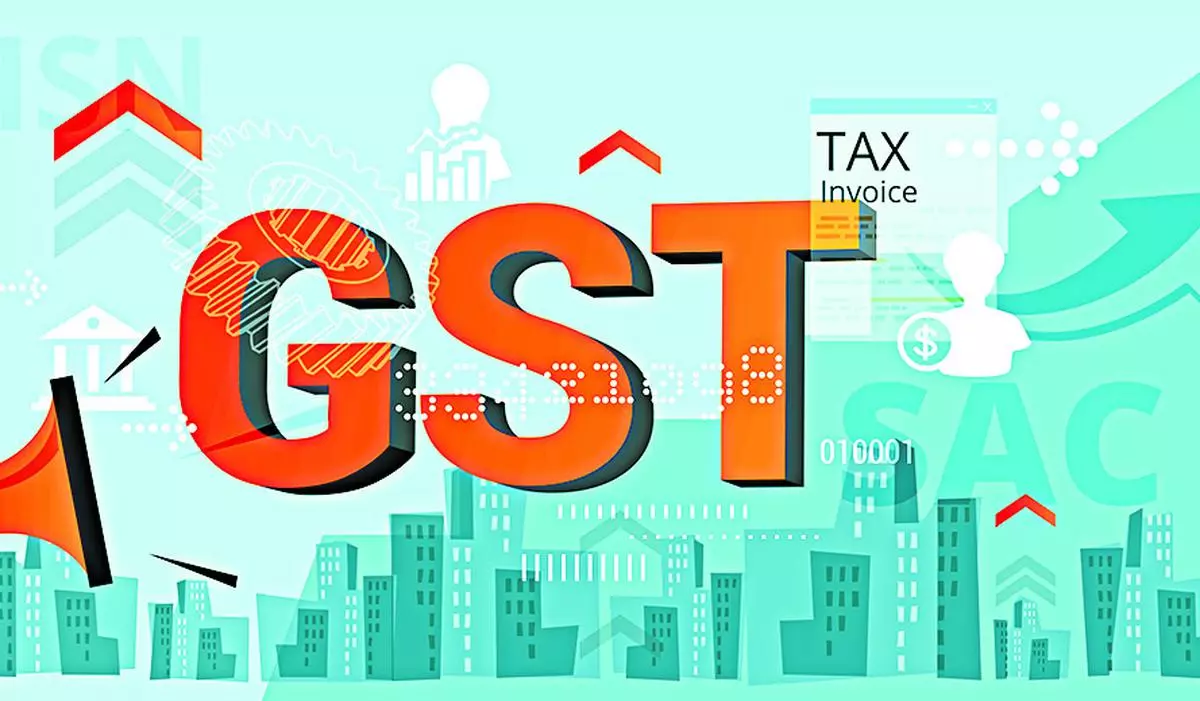GST Panel Opposes Tax Reduction on Tobacco 2023

GST Panel Opposes Tax Reduction on Tobacco 2023
The Goods and Services Tax (GST) panel, a body that deliberates upon the taxation structure in the country, has recently decided against recommending a reduction in taxes on tobacco products.
This decision comes amidst discussions surrounding tax restructuring for various commodities.
The Goods and Services Tax, introduced in 2017, aimed to simplify and unify the indirect tax structure in India. Since its inception, various goods and services have been categorized under different tax slabs, with tobacco products attracting some of the highest rates due to their health implications.

An industry-sponsored proposal to lower the levy on tobacco goods was rejected by a panel of council officers before to the Goods and Services levy (GST) Council meeting on October 7.
When determining the Compensation Cess rates for tobacco and tobacco products, it was determined that the GST rate on cigarettes would remain at 28% in accordance with the weighted average VAT rate of 28.7%.
Bidis are subject to a 28% GST rate, however there is no associated Compensation Cess.
The National Calamity Contingent Duty (NCCD) rate on certain cigarettes was increased by around 16% as part of the Union Budget for FY24, and it will take effect on February 2, 2023.

One of the most prominent reasons behind the high taxation of tobacco products is the health risks associated with tobacco consumption.
Smoking and tobacco usage are linked to a plethora of ailments, including heart disease, stroke, and various forms of cancer. High taxation acts as a deterrent, discouraging the consumption of these products.
The adverse health effects of tobacco lead to increased healthcare costs for the country. This includes direct medical expenses for treating tobacco-related diseases and the indirect costs associated with loss of productivity due to illness and premature death.
Tobacco products, due to their inelastic demand, are a significant source of revenue for the government. The funds collected are often channeled into public health initiatives, infrastructure development, and other social welfare schemes.
Many countries worldwide maintain high taxes on tobacco products as a part of their public health strategy. The World Health Organization (WHO) also recommends that countries tax tobacco products heavily to reduce consumption.

One of the primary concerns raised is the growth of the illegal cigarette market.
High taxation often leads to an increase in smuggled or counterfeit products, which do not adhere to quality standards and may pose even greater health risks.
The tobacco industry provides employment to a large number of people, from farmers to retailers. A sustained decrease in demand due to high taxes could impact their livelihoods. Some argue that adults should have the freedom to make personal choices, and high taxes infringe upon this freedom.
The decision of the GST panel not to lower taxes on tobacco products is a testament to the government’s commitment to public health.

While there are legitimate concerns raised by the opposition, the overarching aim is to reduce the health and economic burdens associated with tobacco consumption.
As with any policy decision, it is essential to strike a balance, and in this case, the scale seems to tip in favor of public health and welfare.




